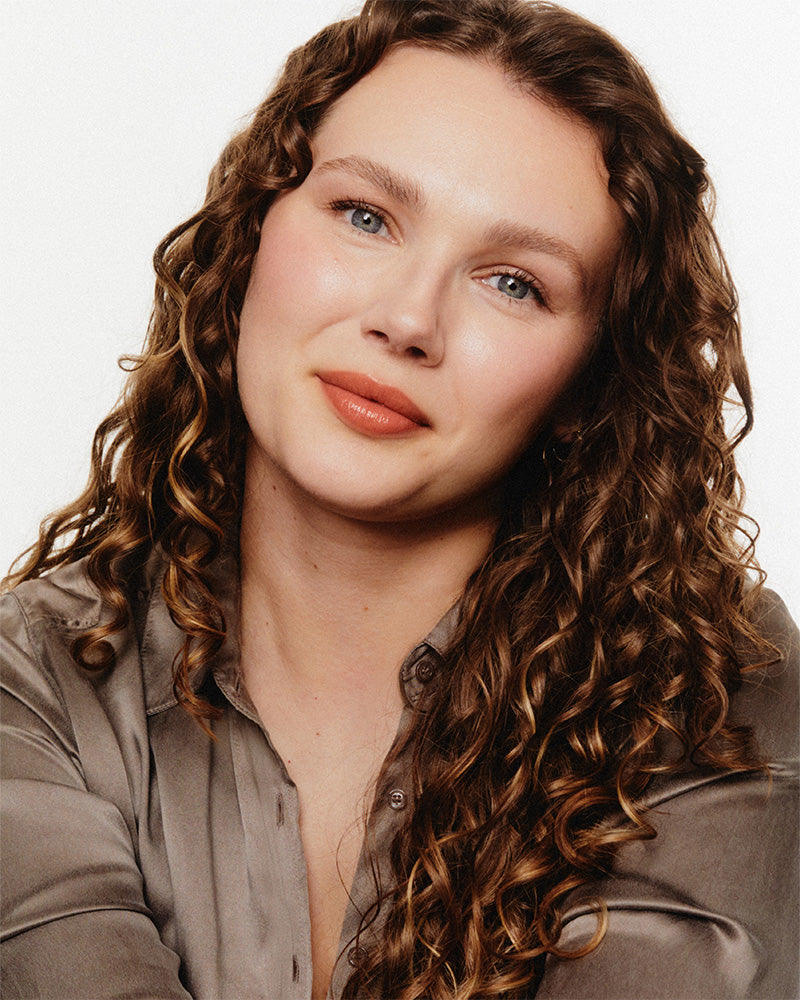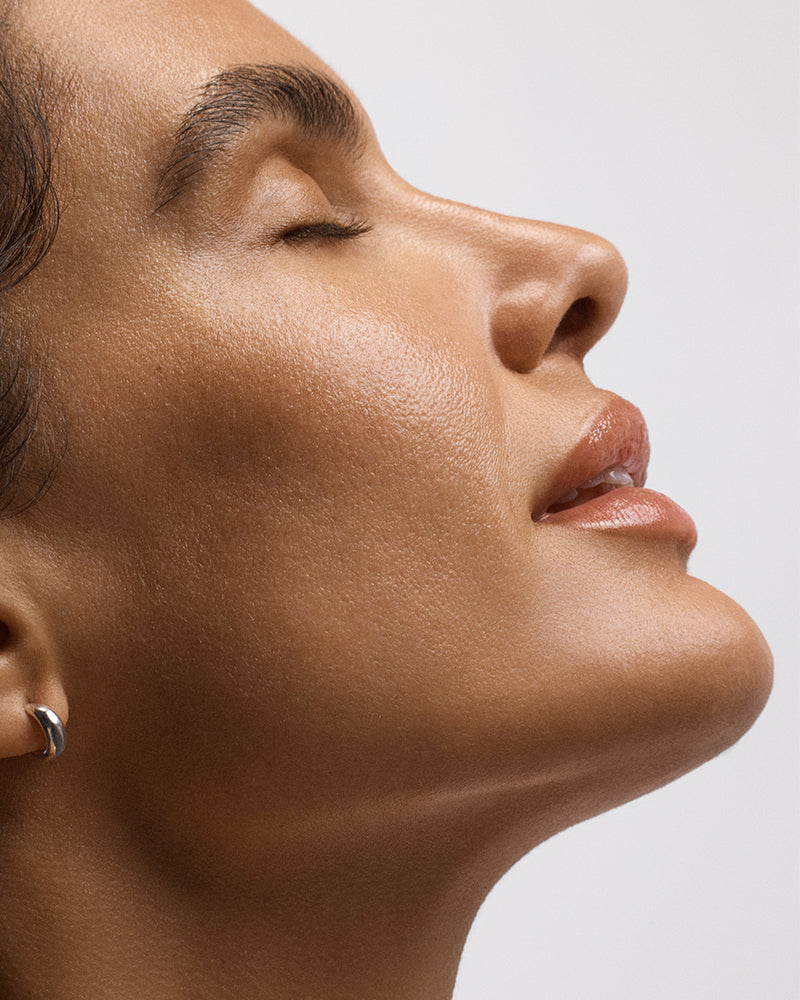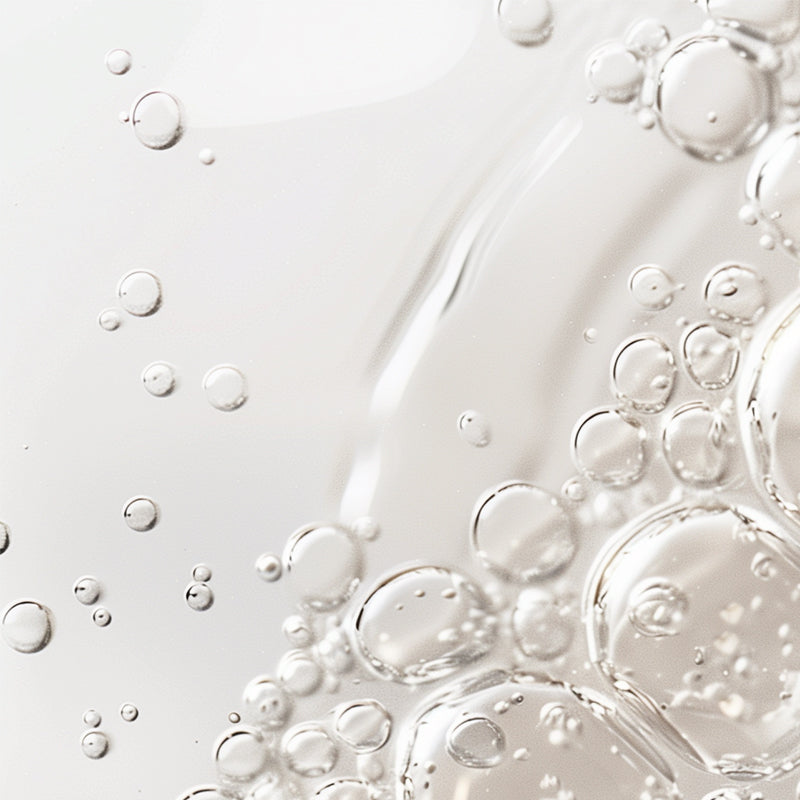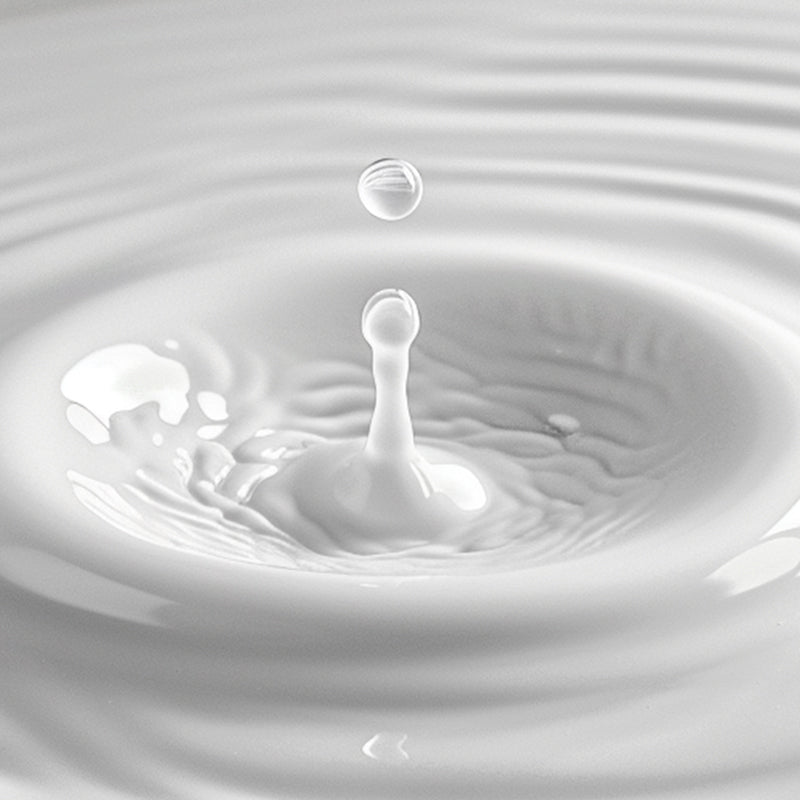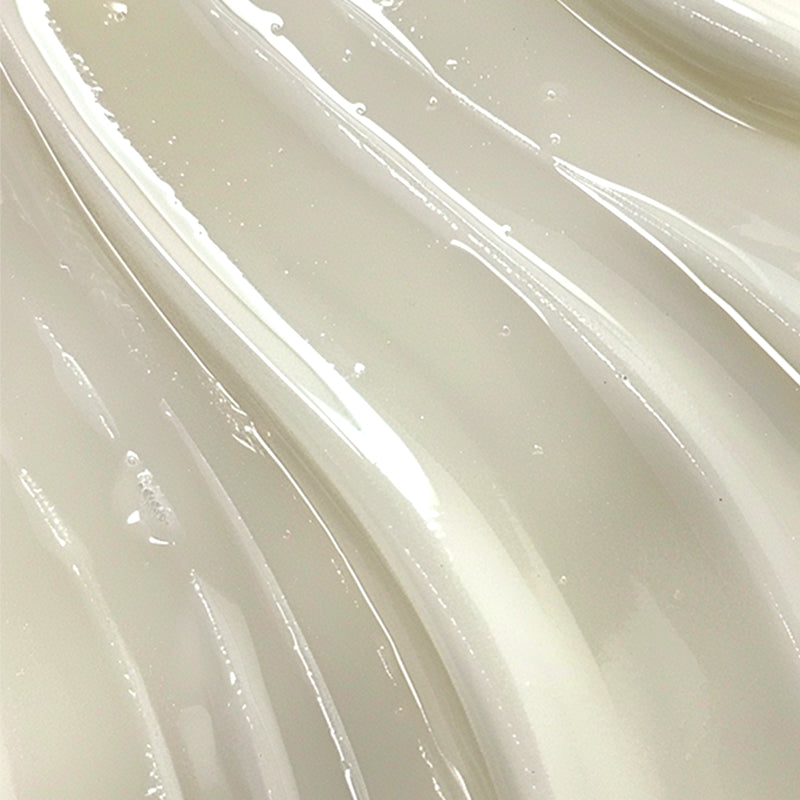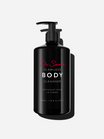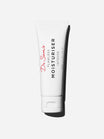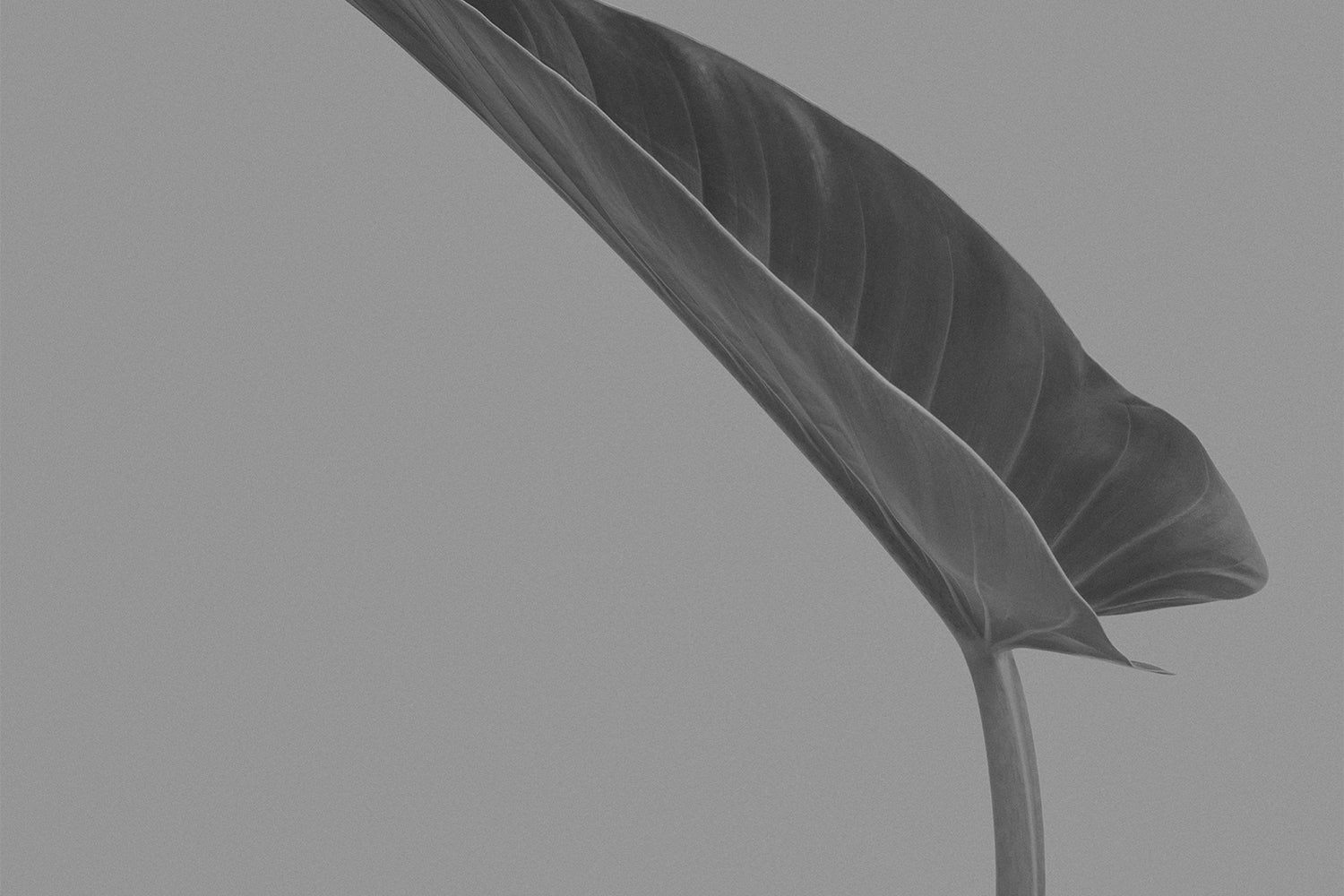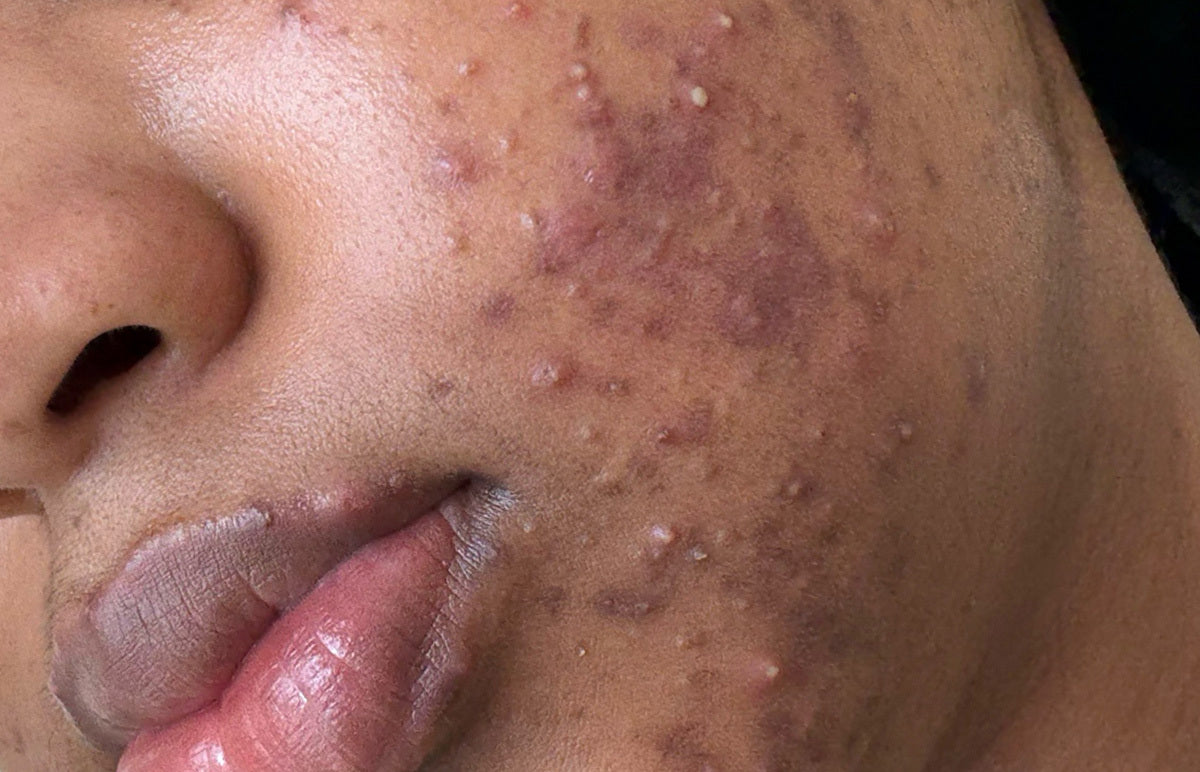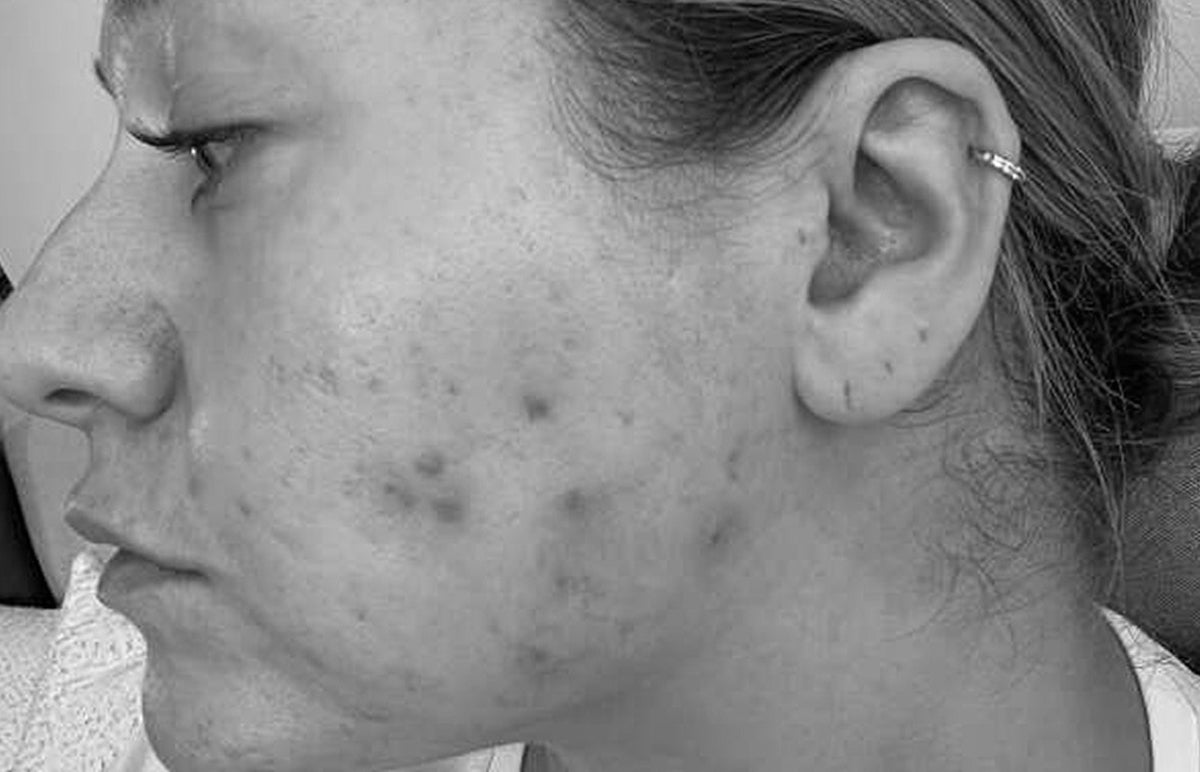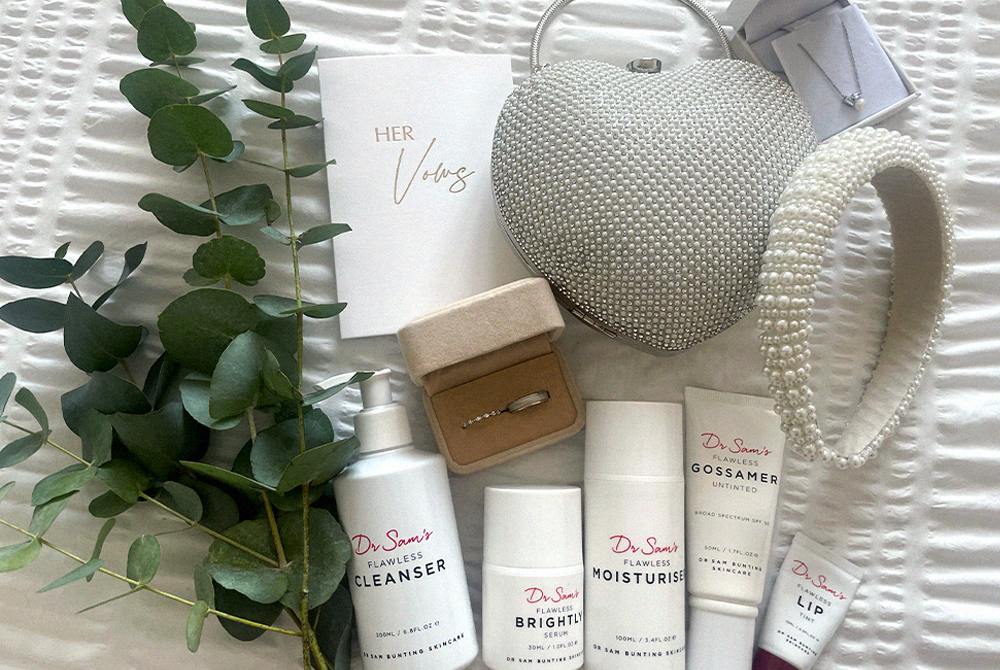Bakuchiol.
Maybe the sexiest new skincare ingredient right now?
It’s an Active. It’s natural. What’s not to like?
What is Bakuchiol?
It’s actually a plant photochemical derived from the seeds of Psoralea corylifolia, which is found in Sri Lanka and India. Whilst it doesn’t share the same chemical structure as the retinoid family, it has the ability to activate their receptors, meaning it can deliver similar benefits, potentially without some of the side effects.
So the big question is - does it work as well as retinoids?
Retinol vs Bakuchiol
The paper published in the British Journal of Dermatology (1) suggests we should definitely get a little bit excited - it compared the effects of 0.5% Bakuchiol when used twice daily with 0.5% retinol used nightly in 50 women with photo-ageing in their late 40s and found that they both improved wrinkles and hyperpigmentation to a similar extent.
You may well ask - does it have fewer side effects? In this study, the retinol users experienced more stinging and scaling than those who used Bakuchiol so it seems tolerability may well be better.
Can Bakuchiol be used in the day?
One key advantage - it has a different chemical structure, meaning it’s stable when exposed to UV, hence it can be used both day and night. By contrast, we recommend retinoids are only used at night as they are unstable + risk being rendered ineffective when exposed to UV light.
Is Bakuchiol good for Acne?
And for all of you troubled by blemishes whilst also being concerned with fine lines, hyperpigmentation and loss of firmness - it’s helpful for you too. Again, like retinoids, it seems to tackle multiple points in the acne pathway, hence it will help both treat active blemishes and prevent new ones.
Does Bakuchiol work?
So is this cutely named new addition to the toolkit worth a look? Without a doubt, I’m firmly in the ‘yes’ camp.

